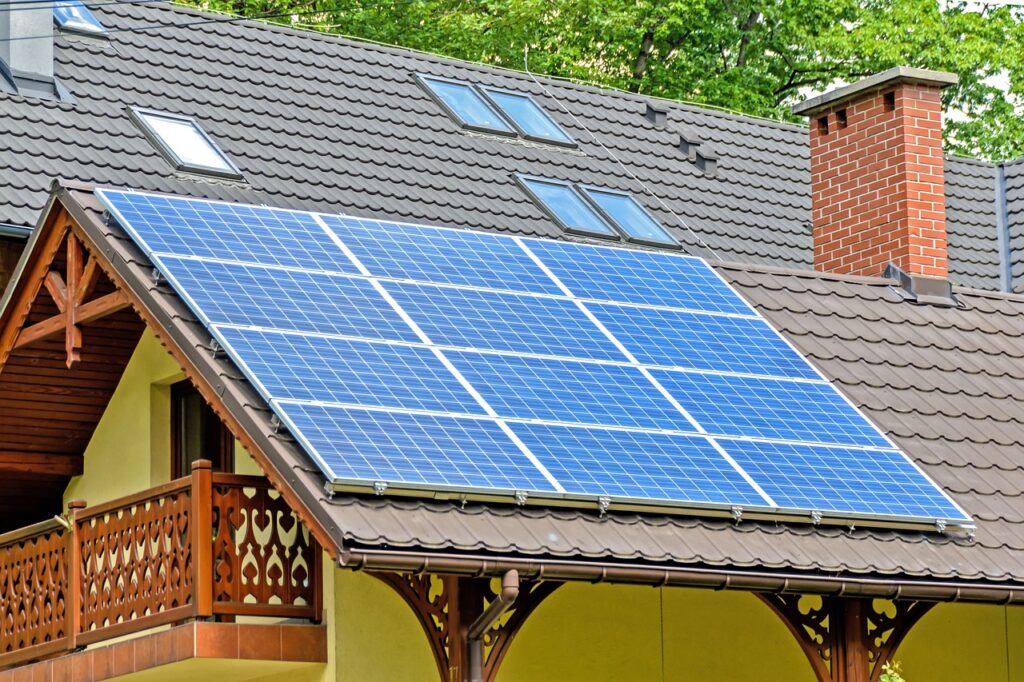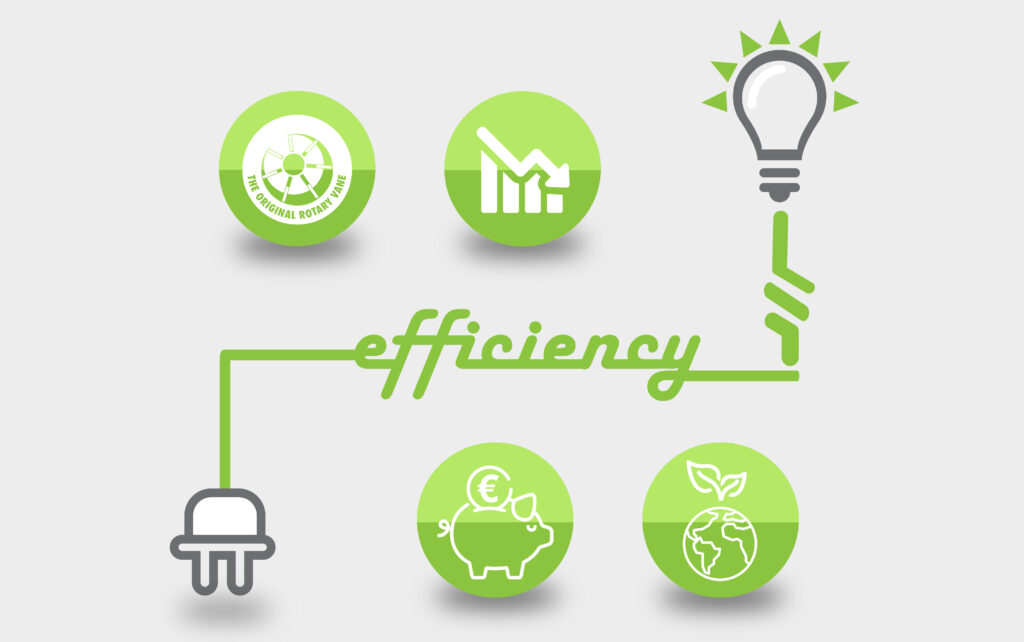On August 16, President Joe Biden signed the Inflation Reduction Act of 2022 into law, calling it “the most aggressive action ever” to confront the climate crisis and strengthen the nation’s economic and energy security.
However, for homeowners, the IRA promises a welcome boost for residential energy upgrades. Part of the bill’s focus is on energy security and climate change investment, and it will give households tax credits to help offset home improvements that lower energy costs while reducing carbon emissions by up to 40 percent by 2030.

As a homeowner, you will qualify for upfront discounts or tax credits on home energy projects that may also lower your monthly utility bills. If you’re in the market for a new car, you qualify for a tax credit if you buy an electric car or plug-in hybrid vehicle.
In order to qualify for a rebate, your family’s total annual income must be less than 150 percent of your community’s median income.
The following is a breakdown of the IRA’s most significant provisions for homeowners.
High-Efficiency Electric Home Rebate Act

The High-Efficiency Electric Home Rebate Act lets homeowners take advantage of rebates for certain projects. Households with a median income level under 80 percent of the area median income can get up to 100 percent of their project covered, up to $14,000. Plus, households earning between 80 percent and 150 percent of the area’s median income can recoup 50 percent of the cost, also up to $14,000. Rebates will cover both installation and material costs.
You can visit Nevada’s government website to determine where your household falls. There are also online calculators that let you enter that information to determine your household’s income level.
Projects include:
■ Heat pump HVAC systems
■ Electric stoves and cooktops
■ Heat pump water heaters
■ Heat pump clothes dryers
■ Circuit panel upgrades
■ Insulation upgrades
■ Ventilation upgrades
■ Wiring upgrades
Energy efficiency credits
The Energy Efficient Home Improvement Credit is now the name of a nonbusiness energy property tax credit that expired at the end of 2021 and now extends through 2032 with a boost.
The provision now lets you claim credit for 30 percent (up from 10 percent) of what you pay to install upgraded heat pumps, insulation, breaker boxes, biomass stoves, and other energy-saving systems that meet efficiency criteria. There is an annual cap of $2,000, with lower caps for certain specific items such as doors and windows.
The New Energy Efficient Home Credit incentivizes developers to build greener homes by offering a credit of up to $5,000. To qualify, builders must construct homes that qualify for the Department of Energy’s Zero Energy Ready Homes Standard.
Homeowners can also deduct 30 percent of their solar costs from their federal taxes under the Residential Clean Energy Credit, which runs through 2032. The credit goes toward the cost of solar panels and other solar products for the home.
One major perk of this program is that there’s no cap on how much you can spend. You’ll get the tax break regardless of how much your solar projects cost.
The Energy Efficient Home Improvement Credit goes into effect this year, as does the Residential Clean Energy Credit. But in practice, you won’t see the actual financial benefit until you file your 2022 tax return next year.
Keep in mind that whether you are interested in buying or selling a home, a Realtor should represent you. This person is working for your benefit and will help you navigate through the buying or selling process. We have celebrated selling both new and resale homes for over thirty years.
We are here to answer any questions you might have – just email jennifer@smithteamlasvegas.com
Thanks and make it a terrific day…………The Smith King Team

